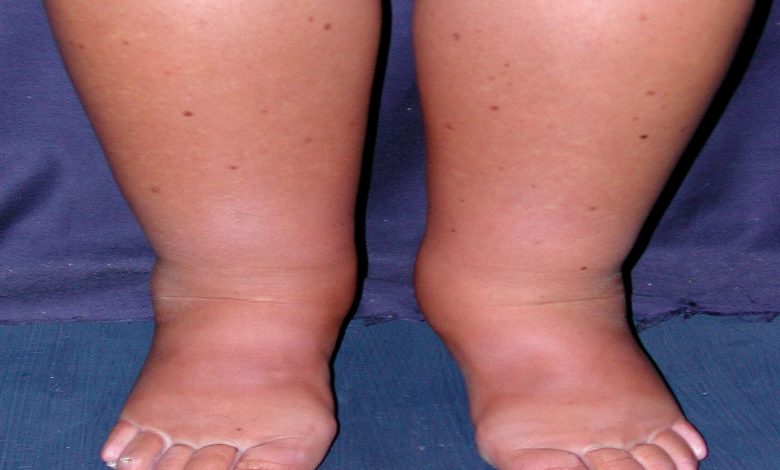Lymphedema Treatment and Management in Tobin Hill

Lymphedema is usually a prolonged condition, and the inflammation related to the condition can have a negative influence on your emotional and physical wellbeing. Fortunately, a timely diagnosis and proper management strategy might assist to treat your lymphedema state. Hamilton Vascular has a team of vascular and vein experts specializing in the diagnosis and management of lymphedema in Tobin Hill and is dedicated to developing a strategy to assist you in treating the chronic condition. For information about lymphedema treatment, call or schedule an online appointment today.
What is lymphedema?
This is a swelling associated with lymphedema caused by the accumulation of lymphatic fluid in the body. The lymphatic tissue is an essential part of your immune system, which carries a fluid that is rich in proteins to gather viruses, bacteria, and surplus fluids from your entire body. The lymph nodes screen the dangerous ingredients from the fluid and remove them from the body. If your lymph system is incapable of draining the lymph fluid properly, it accumulates, causing the tissues to swell. Though the swelling might develop in any body part, it commonly affects the arms and legs.
What are the various types of lymphedema?
There are two major lymphedema types; primary and secondary lymphedema. Primary lymphedema is a hereditary disorder that upsets your lymphatic system’s function and structure, leading to deprived fluid drainage, while secondary lymphedema involves obstruction or injury to your lymphatic system.
Which are the indications of lymphedema?
Lymphedema presents a variety of symptoms. The most common symptoms are inflammation in all or part of limbs, including the feet and hands. Other symptoms include discomfort or aching, decreased range of motion, thick, scaly skin, frequent infections, or tightness or heaviness in the area affected. The severity of the swelling and symptoms differ considerably in different people. For some individuals, the condition might go undetected, whereas, in other people, the severity can be very extreme that it causes limited mobility.
How is lymphedema diagnosed?
During your lymphedema diagnosis, the team at Hamilton Vascular analyze your symptoms, family history, and medical history. The team might also offer a conclusive diagnosis depending on the provided facts. Nevertheless, if your symptoms are not clear, they might recommend taking analytic tests such as a CT scan, MRI, or Doppler ultrasound to confirm the diagnosis.
What should you expect during lymphedema treatment?
Lymphedema is a chronic and progressive condition, but you might successfully minimize the symptoms with the proper treatment plan. Depending on your lymphedema symptoms, severity, and medical history, the team at Hamilton Vascular creates a customized plan to treat your condition. Some of the treatment plans include an exercise program, lymph massage, and compression tights to prevent infection and encourage drainage, and referral to physical, occupational, or massage therapy. If your lymphedema condition doesn’t get better with noninvasive treatments, the specialists might recommend getting surgery to eliminate excess fluid or enhance your drainage system.
In conclusion, lymphedema is incurable, but with the correct treatment, it can be effectively controlled. For comprehensive lymphedema care in and around Tobin Hills, call or schedule an appointment online with Hamilton Vascular.





